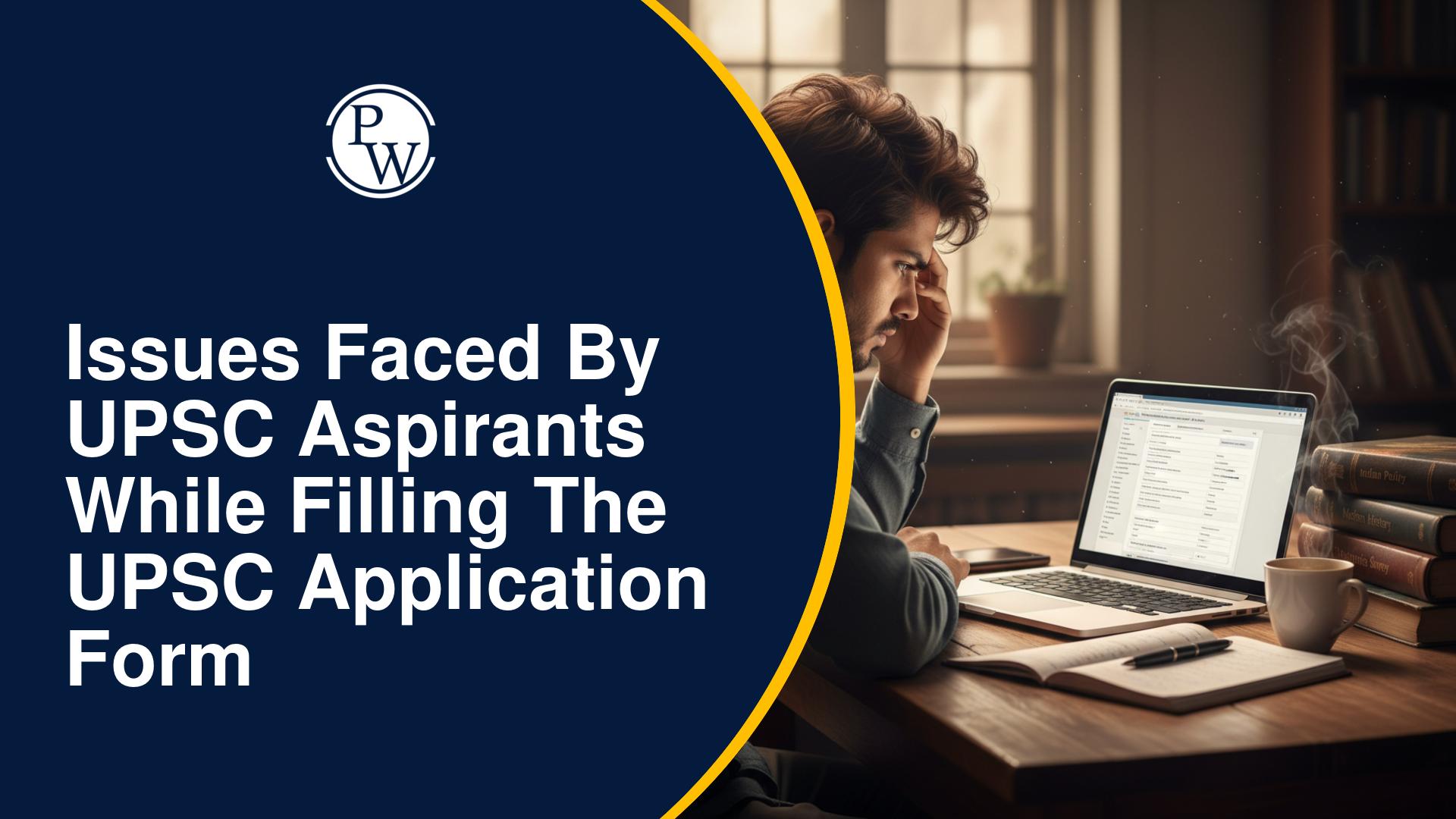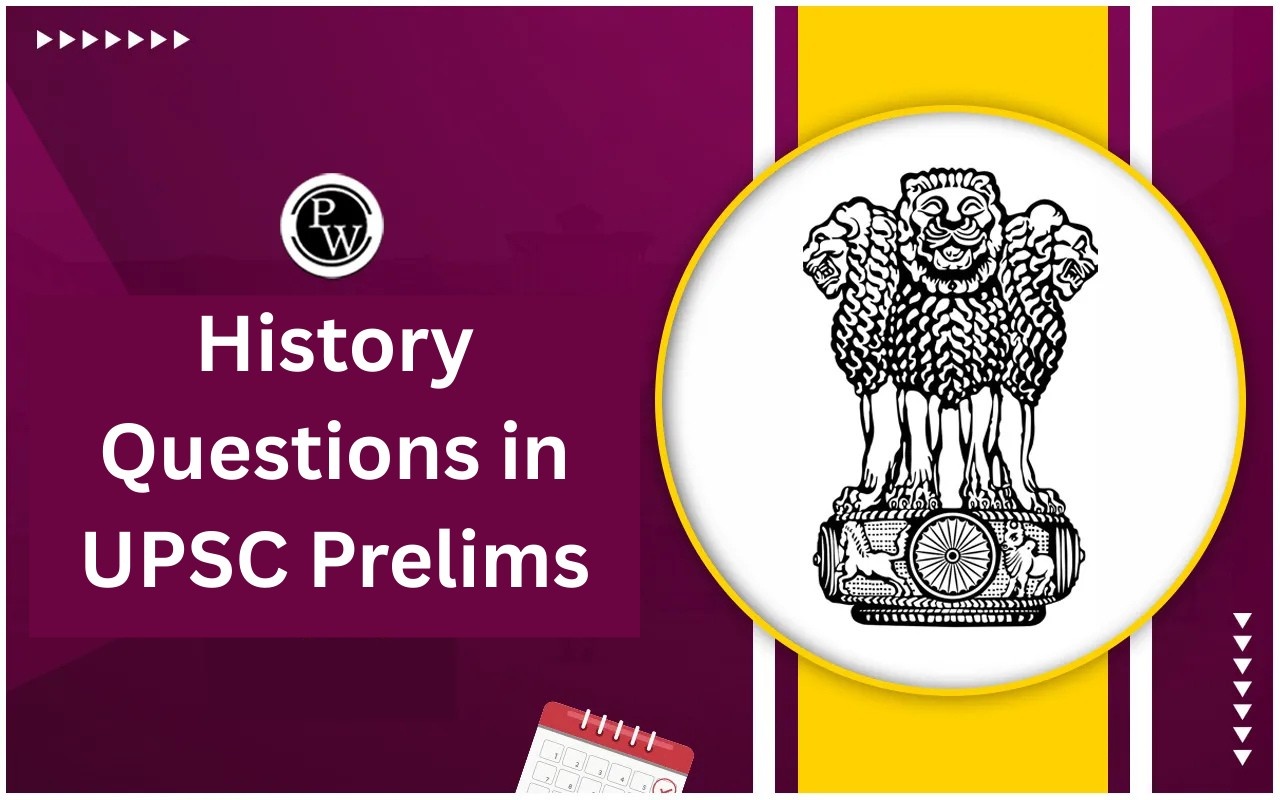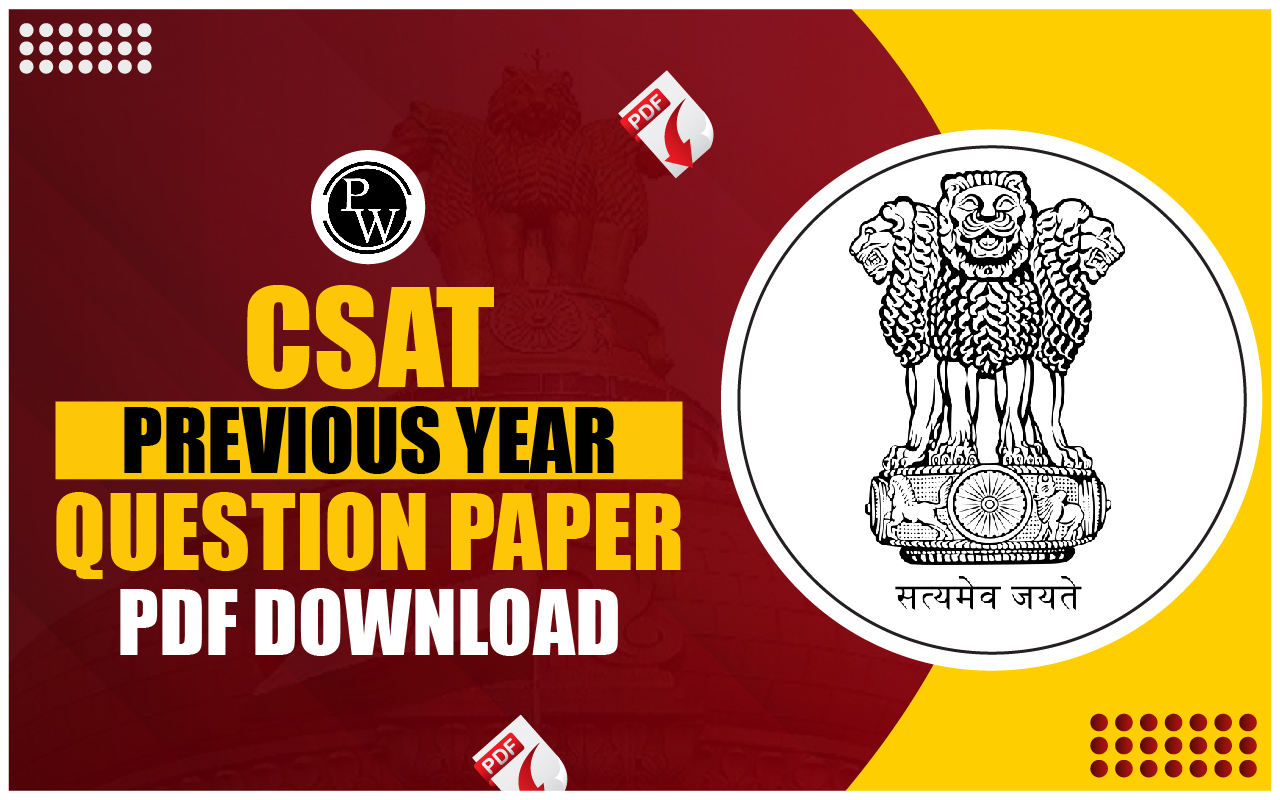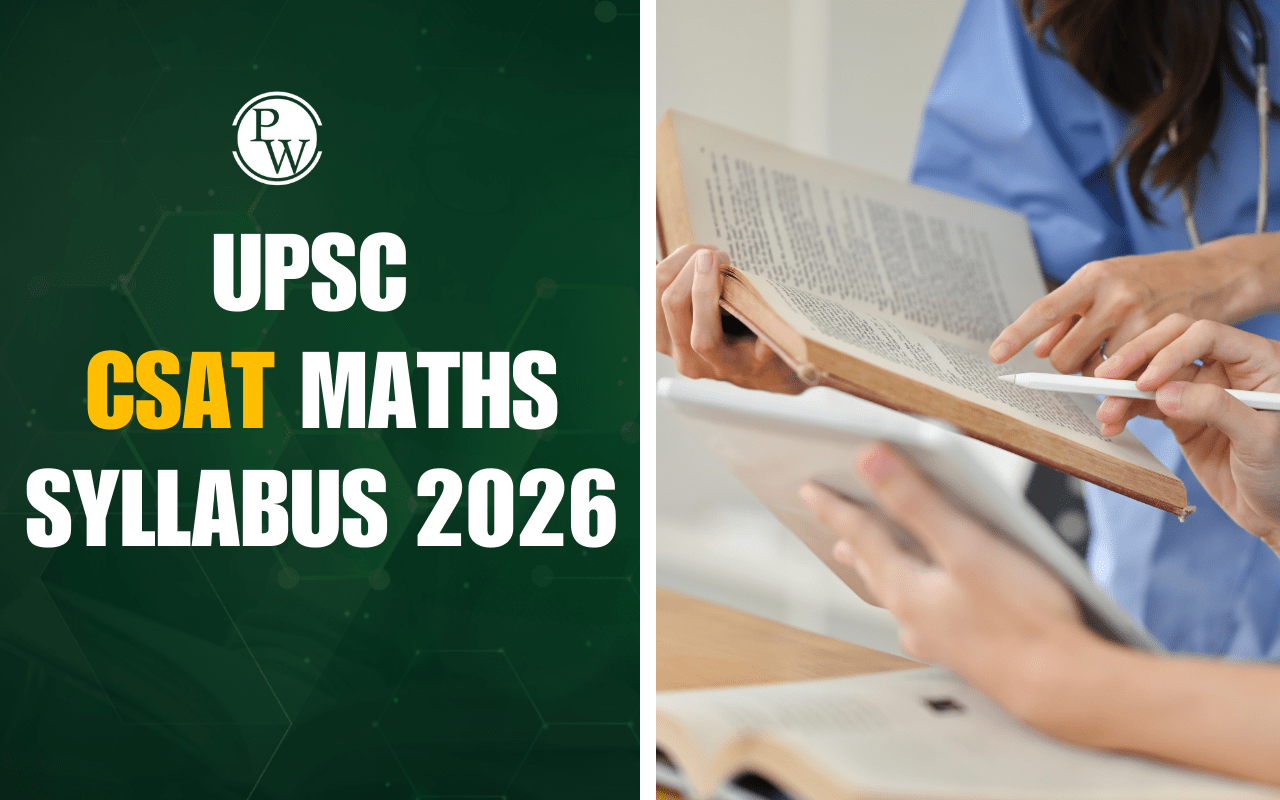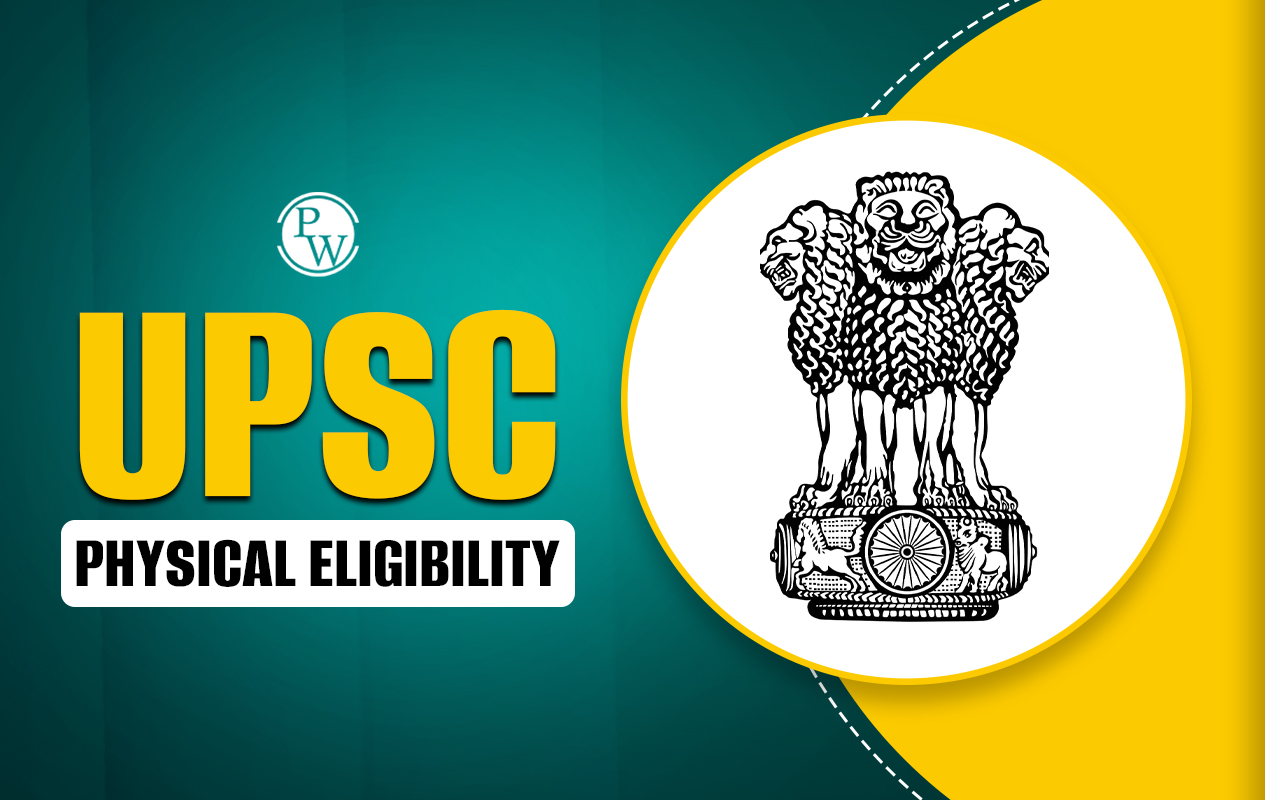
Anti-Defection Law introduced in India through the Tenth Schedule of the Constitution in 1985, was designed to prevent elected legislators from switching political parties during their term. Its main aim is to ensure political stability, protect the mandate of the voters, and curb the practice of “horse-trading” for personal gain.
The law sets out the grounds for disqualification of MPs and MLAs who voluntarily leave their party or defy party directives while in the legislature, while also allowing exceptions like mergers of political parties under specific conditions. Despite its intention, the law has faced challenges in balancing party control with the independence of legislators.
What is the Anti-Defection Law?
The Anti-Defection Law is a set of rules added to the Constitution of India.
-
It is formally known as the Tenth Schedule of the Indian Constitution.
-
It was added through the 52nd Amendment Act of 1985.
-
The main goal of the Anti-Defection Law is to prevent members of the Parliament (MPs) and Members of the Legislative Assembly (MLAs) from switching parties for rewards or money.
The law sets out the process for removing an elected member from their seat if they defect to a different political party.
Grounds for Disqualification under Anti-Defection Law
A member of the House (MP or MLA) can be disqualified under the Anti-Defection Law on the following grounds:
1. For Members of a Political Party
-
Voluntarily Giving Up Membership: If a member willingly gives up their membership in their original political party. They do not need to formally resign; their actions or public statements can be proof of this.
-
Voting Against Party Directions: If a member votes or does not vote (abstains) in the House against the official instructions (Whip) given by their political party. However, they will not be disqualified if they get permission from the party beforehand, or if the party excuses the action within 15 days.
2. For Independent Members
-
If a member is elected without belonging to any political party (Independent) and later joins any political party after the election.
3. For Nominated Members
-
If a member is nominated to the House and joins any political party after six months from the date they took their seat.
Exceptions under the Anti-Defection Law
The Anti-Defection Law provides certain exceptions where a member will not be disqualified for changing parties:
-
Party Merger: If a member's original political party merges with another party, and at least two-thirds of the members of the original party agree to the merger. In this situation, the members who agree to merge, and those who oppose it and form a separate group, are both protected from disqualification.
-
Role of Presiding Officer: A member who is elected as the Speaker or Chairman of the House can resign from their political party. They do this to remain neutral while holding that high office. They can rejoin their party after they step down from the post without facing disqualification.
(Note: The original 1985 law allowed an exemption if a party "split" with one-third of its members. This provision was removed by the 91st Amendment Act of 2003).
Who Decides on Disqualification?
The person who decides whether an MP or MLA has defected is the Presiding Officer of the House.
-
This is the Speaker in the Lok Sabha (at the Central level) or the State Legislative Assembly.
-
It is the Chairman in the Rajya Sabha or the State Legislative Council.
The Speaker or Chairman acts like a legal court (tribunal) while deciding these cases. Their decision can be challenged in the Supreme Court or the High Courts through Judicial Review.
Challenges with the Anti-Defection Law
While the Anti-Defection Law has helped bring stability, it also faces some criticism:
-
Restricts Freedom: The law forces a legislator to follow their party's instructions blindly on nearly every vote. This restricts their freedom to vote based on their own judgment or what their voters want.
-
Speaker's Neutrality: Since the Speaker usually belongs to the ruling party, there is a concern that their decision in defection cases might be biased.
-
No Time Limit for Decision: The law does not set a clear deadline for the Speaker to decide a defection case. This delay can sometimes be used as a political tool.
-
Focus on Wholesale Defection: The law stops individual defection but allows a large-scale defection (a merger with two-thirds majority). Critics say this only allows "wholesale defection" to happen easily.
Anti-Defection Law FAQs
When was the Anti-Defection Law introduced?
What is the Whip in the context of the Anti-Defection Law?
Is the Speaker's decision on a defection case final?
What was the 91st Amendment Act of 2003 regarding defection?

